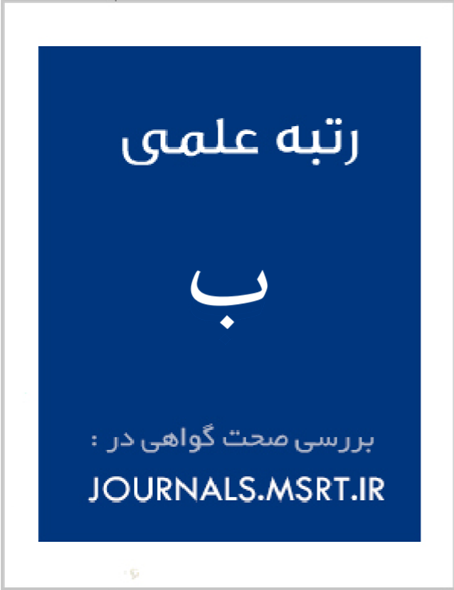واکاوی ابعاد تربیت اخلاقی در سیره پیامبر اسلام با رویکرد کیفی توصیفی
کلمات کلیدی:
تربیت اخلاقی, سیره پیامبر اسلام, اخلاق اسلامی, تعلیم و تربیت دینی, روشهای تربیتیچکیده
هدف این پژوهش، واکاوی ابعاد تربیت اخلاقی در سیره پیامبر اسلام(ص) با استفاده از رویکرد کیفی توصیفی و شناسایی مبانی، روشها و شاخصهای اخلاقی نهفته در سنت تربیتی نبوی است. پژوهش حاضر با رویکرد کیفی توصیفی و با بهرهگیری از تحلیل مضمون انجام شد. دادهها از طریق مصاحبههای نیمهساختاریافته با ۲۴ نفر از اساتید و متخصصان حوزههای علوم اسلامی، تعلیم و تربیت و اخلاق دینی در شهر تهران جمعآوری گردید. انتخاب مشارکتکنندگان بهصورت هدفمند و تا رسیدن به اشباع نظری انجام شد. برای تحلیل دادهها از نرمافزار NVivo استفاده شد و مراحل کدگذاری باز، محوری و انتخابی طی گردید. تحلیل دادهها منجر به استخراج سه مقوله اصلی شامل «مبانی تربیت اخلاقی»، «روشهای تربیت اخلاقی» و «شاخصهای اخلاقی پرورشیافته» شد. هر مقوله شامل چند زیرمقوله و مفاهیم مرتبط بود. یافتهها نشان داد که تربیت اخلاقی در سیره نبوی بر فطرت، وحی، محبت و عقلانیت استوار است و پیامبر از شیوههایی چون گفتوگو، الگودهی عملی، قصهگویی و تقویت مثبت بهره میگرفت. شاخصهایی چون صداقت، تواضع، عدالت و مسئولیتپذیری اجتماعی از دستاوردهای تربیت نبوی بودند. سیره پیامبر اسلام الگویی جامع و انسانمحور برای تربیت اخلاقی ارائه میدهد که قابلیت کاربرد در نظامهای آموزشی معاصر را دارد. این الگو، ضمن هماهنگی با فطرت انسانی، با بهرهگیری از روشهای تدریجی، عاطفی و تعقلی، امکان درونیسازی پایدار ارزشهای اخلاقی را فراهم میسازد.



